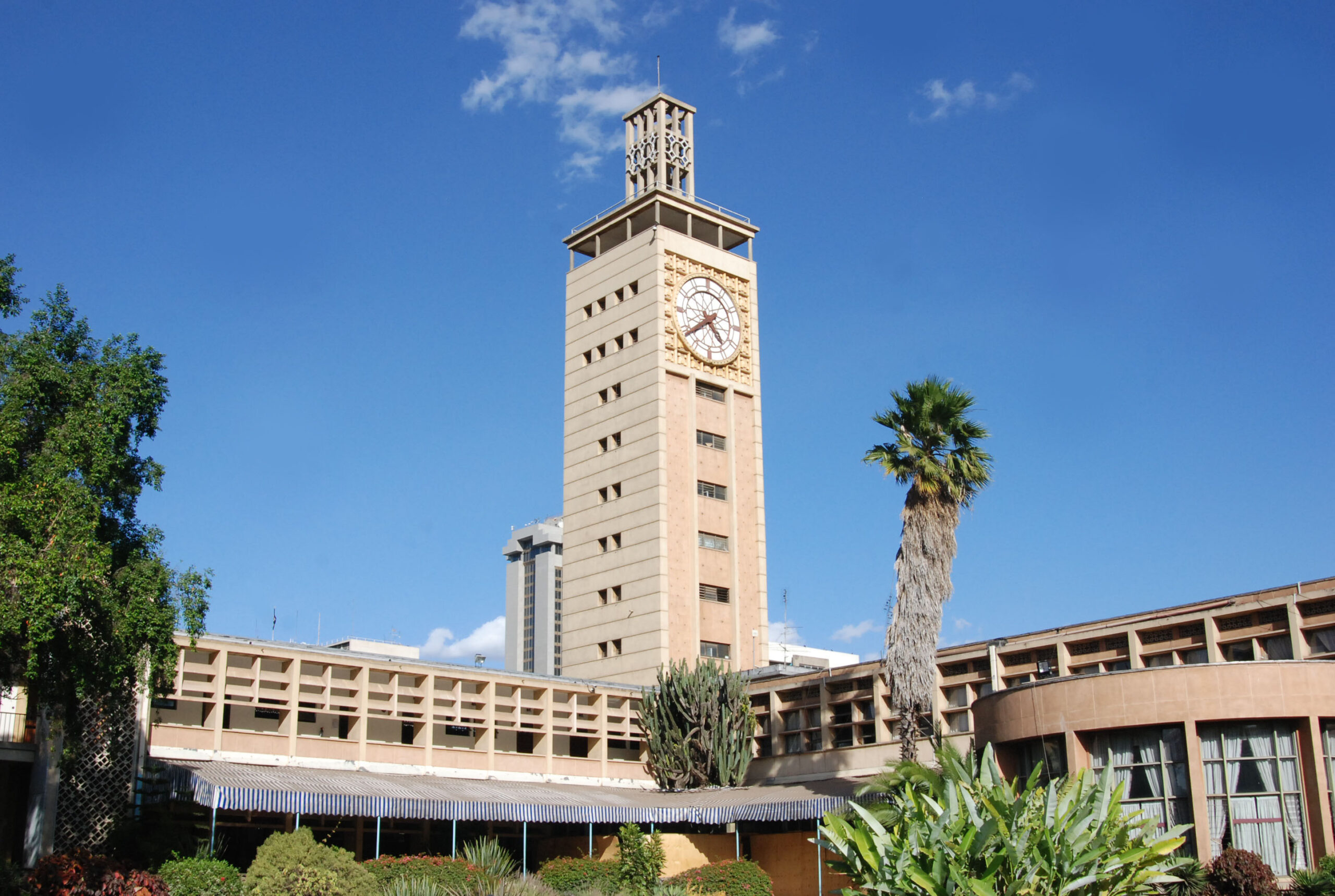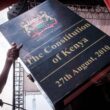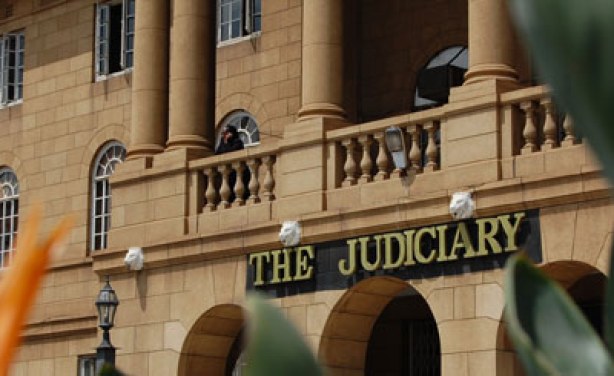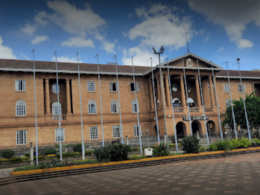NAIROBI,Kenya – In recent years, Kenya has witnessed a significant transformation in its judicial landscape marked by resilience and resistance. The judiciary, often regarded as the guardian of justice and the rule of law, has faced numerous challenges that have tested its independence and integrity. This article explores the concept of judicial resilience and resistance in Kenya, shedding light on the evolving role of the judiciary in the face of political pressures and societal expectations.
Kenya’s judiciary has a history marred by interference from the political elite. However, the post 2010 constitutional era brought substantial changes, including establishing an independent judiciary. The new constitution aimed to insulate the judiciary from political influence and enhance its capacity to check executive power.
Despite these constitutional provisions, the Kenyan judiciary has faced numerous challenges. Political interference, attacks on judicial officers, and attempts to undermine court decisions have been persistent issues. However, the judiciary’s resilience has been evident in its commitment to upholding the rule of law, ensuring fair trials, and protecting constitutional rights.
One notable instance of judicial resilience was the landmark decision 2017, where the Supreme Court nullified the presidential election results, citing irregularities and illegalities. This decision was unprecedented in Africa and demonstrated the judiciary’s determination to act independently despite intense political pressure.
The judiciary has also been actively involved in the fight against corruption, displaying resistance against this pervasive issue.
Establishing specialized anti-corruption courts and prosecuting high-profile individuals, including judges as violations of the Judicial Code of Conduct can lead to disciplinary action, underscore the judiciary’s commitment to eradicating corruption within its ranks.
However, this resistance has not been without consequences. Some judges who actively pursued corruption cases have faced intimidation and threats. Despite this, the judiciary’s resolve to maintain its independence in the battle against corruption remains a crucial aspect of Kenya’s evolving legal landscape.
While the judiciary’s efforts to resist external pressures are commendable, public perception and expectations play a crucial role. There are instances where the public perceives the judiciary as slow or ineffective, leading to scepticism about its ability to deliver justice promptly.
Judicial independence is a complex and multifaceted concept requiring a combination of legal frameworks, institutional structures, and societal awareness to be realized fully.
For instance, the judiciary has been accused of allegedly using its powers to deter members of the public from relaying allegations towards the judiciary to maintain public confidence; recently, senior Counsel Ahmednasir Abdullahi made national headlines after the Supreme Court of Kenya barred him from appearing before it over what the court termed as years of consistent distasteful remarks made against the institution and its judges on various social media platforms.
The unprecedented decision however drew condemnation from the legal fraternity, many saying it was wrong for the highest court in the land to condemn a member of the legal profession to such an unbecoming decision that is said to be tantamount to a gag order amid scrutiny.
Public awareness of the importance of an independent judiciary and its role in upholding the rule of law can act as a deterrent against attacks on judges.
The challenge therefore lies in striking a balance between maintaining independence and meeting public expectations. The judiciary must continue to communicate its decisions effectively and work towards enhancing its efficiency without compromising on the principles of justice and fairness.
Judicial misconduct breaks down the very fibre of what is necessary for a functional judiciary- citizens who believe their judges are fair and impartial. The judiciary cannot exist without the trust and confidence of the people. Judges must, therefore, be accountable to legal and ethical standards. In holding them responsible for their behaviour, judicial conduct review must be performed without invading the independence of judicial decision-making. This task can be daunting.
In conclusion, Kenya’s judiciary has undergone a remarkable transformation, marked by resilience and resistance against various challenges. The judiciary’s commitment to upholding the rule of law and resisting corruption is pivotal in ensuring a just and democratic society.
As the judiciary navigates through these challenges, it remains a critical institution for safeguarding constitutional principles and maintaining the delicate balance of power in Kenya. Continued efforts to reinforce judicial independence and address public concerns will be essential for the judiciary to fulfil its role as the guardian of justice truly.
The Writer,Charles Jaika is a lawyer working at ICJ Kenya. This article was first published on The Star.












